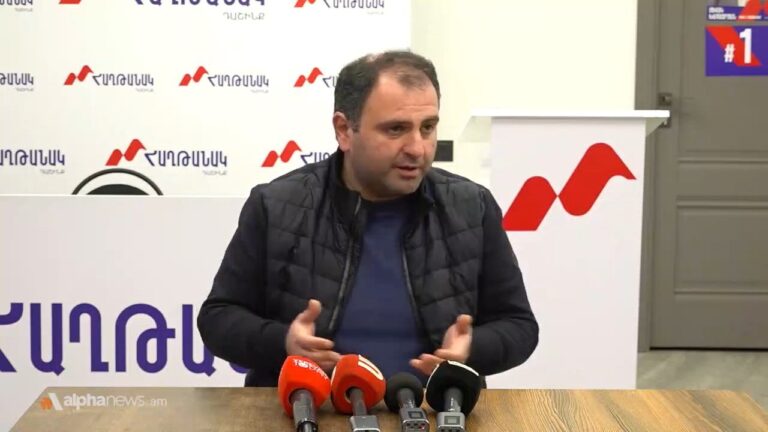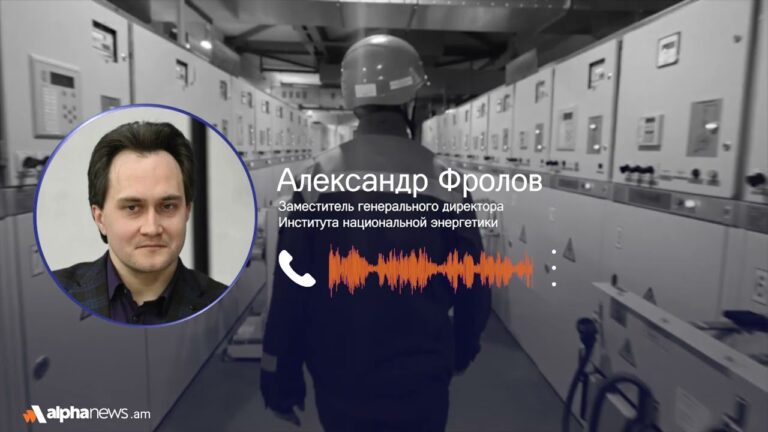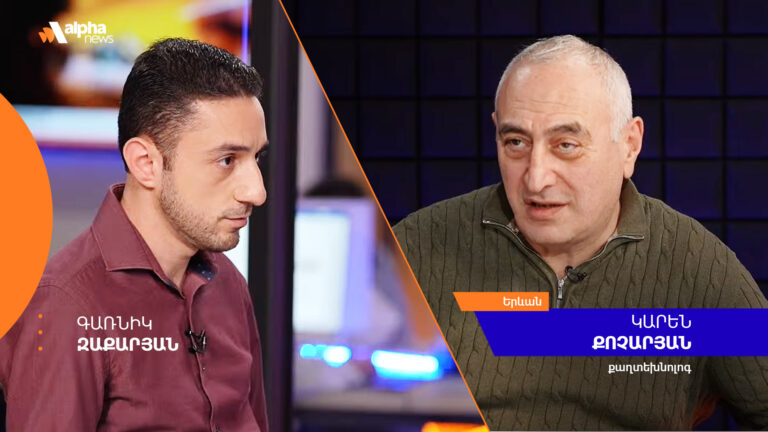‘I couldn’t drive the car anymore, I couldn’t press the pedals’: Artsakh exodus #24
November 15 2023, 12:35
“We fought until our last breath, we wanted and hoped that we would continue to live in Artsakh,” Alyona Hayrapetyan told Alpha News. Despite her desire to stay, she was forced to leave Artsakh.
Alyona, along with her daughter, mother, and brother’s family, left Stepanakert on September 25 and reached Armenia two days later. Before that, on September 19, when Azerbaijan attacked Artsakh, they had to hide in basements for two days, and only a few hours after the ceasefire were they able to get out of there.
“Our house was located near the famous Krkjan quarter. We clearly heard the sounds of missiles that did not stop. The enemy was already 100 meters away from us, and the fire bursts were even heard from our houses. And on the way to Armenia, one of my acquaintances told me that the Azerbaijanis had already reached Krkjan, and they did not have time to take anything with them. My friend tried to enter his house, but when he heard the voices of the Azerbaijanis, he returned,” Alyona says.
Alyona proudly talks about the refusal to accept ostensible humanitarian aid sent by Azerbaijan to Artsakh under the blockade. Let us recall that at the end of August, the Azerbaijani authorities sent flour to Artsakh along the Aghdam route, but the Artsakh people blocked the Aghdam-Stepanakert road and did not allow trucks to enter the city.
“We already got used to the blockade, we baked bread on a wood stove and hoped that sooner or later we would receive help and we would have flour. No matter how they tried to send us flour along the Aghdam route, we resolutely said we’d better stay hungry rather than eat what they wanted to give us. We were ready to live like this and would have stayed in Artsakh. Our relatives from the village of Aterk were evacuated to the airport; we called them to Stepanakert, and they came. But shortly after, we were informed that everyone had to leave Artsakh and buses had arrived that would take Artsakh residents to Armenia. And then I realized that this was our end, that is, first, all the people were driven out of the villages one by one, and then it was Stepanakert’s turn. We had no other choice, we had to leave. We had no gas. My student son, who was in Armenia, somehow solved this problem. I went to gas up the car, and on September 25th, we were forced to leave. I didn’t throw away the key to my house, I still have it. Maybe we’ll come back. They say hope dies last. If I throw away the key, this hope will die too,” Alyona says with tears in her eyes.
The road lasted two days—two disastrous days for Alyona. She remembers how they stood in an endless car line, without water or food. And near the Hakari bridge, the Azerbaijanis started checking Alyona’s car․
“They addressed us in Russian and asked how many people were in the car. I was with my mother and said, can’t you see that there are two of us? Then they demanded to open the trunk. I was already scared, of course, I opened the trunk, and they tried to talk to me. I didn’t pay attention to them, they didn’t find anything in the trunk, so they closed it, but they continued to provoke me. I didn’t even look in their direction.
When we got to Kornidzor, our Armenians already met us there, and I thanked God that we got through that. We registered there, and they told us that they would call, but two months passed and no one called. We headed to Goris, but I could no longer drive the car, my leg did not obey me, I could not press the pedals. I called my son and he came to pick us up,” recalls Alyona.
At first, Alyona lived with her brother’s family in his friend’s house. Then they rented an apartment in the Kanaker-Zeytun administrative district, but this apartment turned out to be too small, and half of the family members were forced to separate and rent an apartment in another place.
During these two months, different people helped Alyona, everyone did what they could. Now they only need a refrigerator. Her family members received social support in the form of 100 thousand drams, but not everyone was able to take advantage of other assistance. Those Artsakh residents who had more than 2 million drams in their accounts lost support in the amount of 50,000 drams.
Now Alyona does not have a job; she taught vocals and piano in Artsakh. One of her Yerevan friends suggested going to the Ashugh school named after Jivani. She was welcomed there, but in order to work, Alena must have a student who has not yet been found. All of her Artsakh students are scattered throughout Armenia.
“I listened to the performances of Tovmas Poghosyan’s ensemble for 15 days, and we can say that this is what prompted me to live again and not lose hope,” says Alyona.
Now Alyona is taking retraining courses at a beauty salon and hopes that she will find a good job and start arranging her life again. But in her heart, Alyona still cherishes the hope of returning to Artsakh.
“My father fought for this land; he fought for his children and grandchildren. Why shouldn’t I stay on my land now? When they ask me if you are ready to return to Artsakh, I answer that I am, but on one condition: to live without an enemy who will never change,” Alyona adds.







